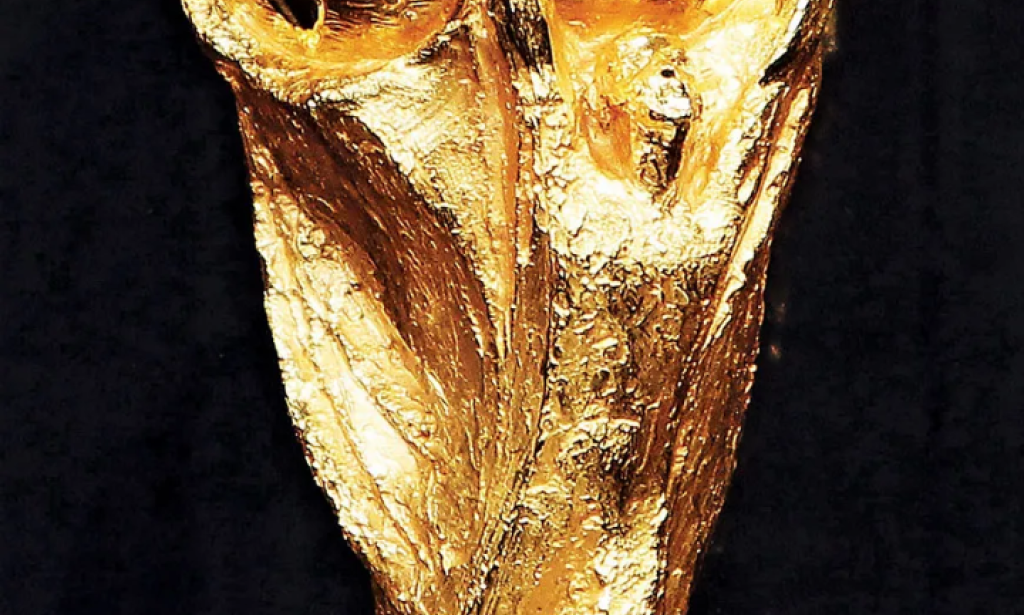The History of the FIFA World Cup and Its Winners
The FIFA World Cup is one of the most prestigious and widely viewed sporting events globally, uniting countries and fans with a shared love for soccer. Established in 1930, the tournament has seen countries from every continent compete for the coveted trophy, showcasing some of the greatest talents and moments in the history of the sport. Over the years, the World Cup has grown in size and scale, evolving into a truly global celebration of soccer and national pride.
Early Beginnings and the First Champions
The inaugural World Cup was held in 1930 in Uruguay, with only 13 teams competing. Uruguay emerged as the first World Cup champion, defeating Argentina in the final with a score of 4-2. The tournament quickly gained popularity, and by the 1950s, it had become a highly anticipated event. Italy became the first team to win back-to-back titles, winning the tournament in 1934 and 1938. The World Cup took a break during World War II but resumed in 1950 in Brazil, where Uruguay again won the title in a historic final against the host nation.
The Dominance of European and South American Teams
Over the years, countries from Europe and South America have largely dominated the World Cup. Brazil holds the record with five World Cup titles, winning in 1958, 1962, 1970, 1994, and 2002. The Brazilian teams, especially those of 1970 led by Pelé, are considered some of the best in soccer history. Germany and Italy follow closely, with each country winning four titles. Germany won in 1954, 1974, 1990, and 2014, while Italy claimed the title in 1934, 1938, 1982, and 2006.
Other notable winners include Argentina, with three titles (1978, 1986, and 2022). Argentina's 1986 victory is often remembered for Diego Maradona's "Hand of God" goal and his remarkable performance throughout the tournament. France, another strong contender, won its first title as host in 1998 and added a second in 2018. England and Spain have each won the title once, in 1966 and 2010, respectively.
Recent Winners and Emerging Nations
The 21st century has seen a mix of familiar and new faces on the World Cup stage. In 2010, Spain won its first World Cup in South Africa, displaying a highly technical and possession-based style of play. Germany's 2014 win in Brazil highlighted their efficient and team-oriented approach, capped by a memorable 7-1 semifinal win over the host nation. France's victory in 2018 showcased a new generation of talent, led by young stars like Kylian Mbappé.
In 2022, Argentina won its third World Cup title in Qatar, led by Lionel Messi in one of the most thrilling finals in recent history. Their victory added another chapter to Argentina’s storied World Cup legacy and reaffirmed the country’s place as one of the sport’s powerhouses.
Conclusion
The history of the World Cup is rich with unforgettable moments, legendary players, and intense competition. From its modest beginnings in 1930 to its status as a global phenomenon today, the World Cup continues to captivate soccer fans worldwide. Each tournament brings fresh talent and new stories, as countries compete not only for victory but also for national pride. As the tournament continues to grow, the World Cup remains a celebration of soccer’s universal appeal, reminding us of the unity and passion the sport can inspire.


You must be logged in to post a comment.